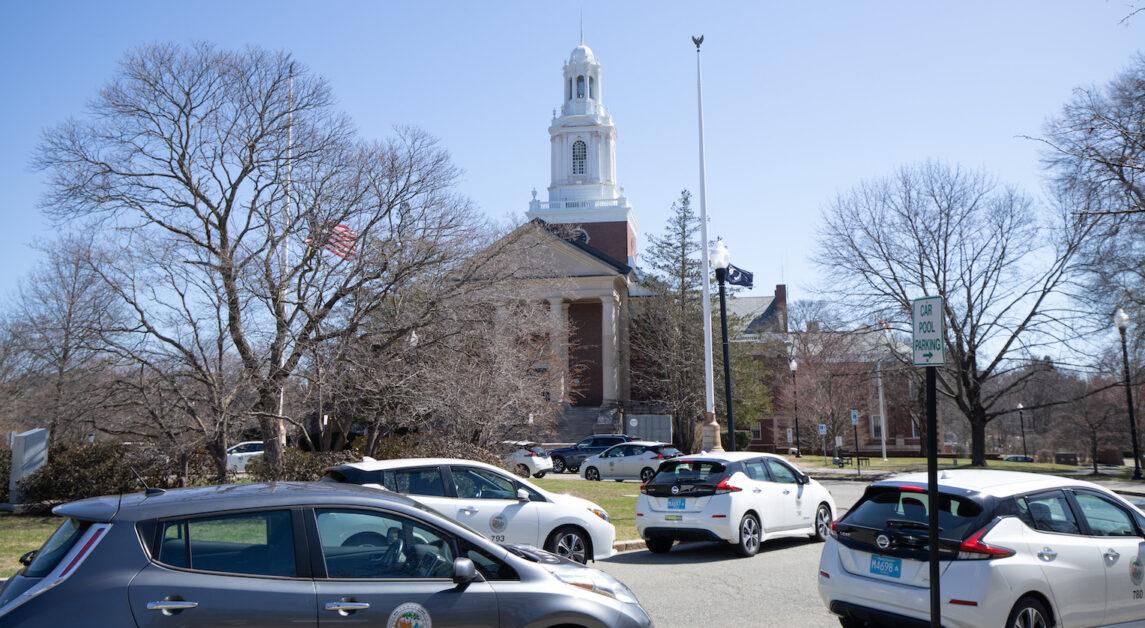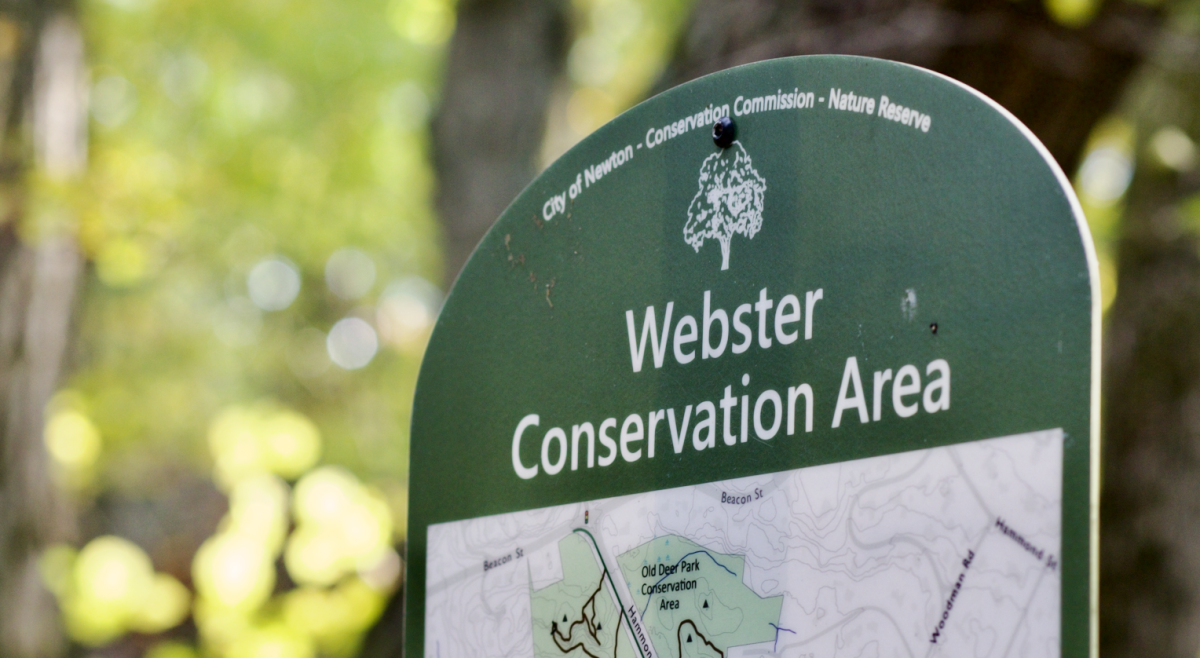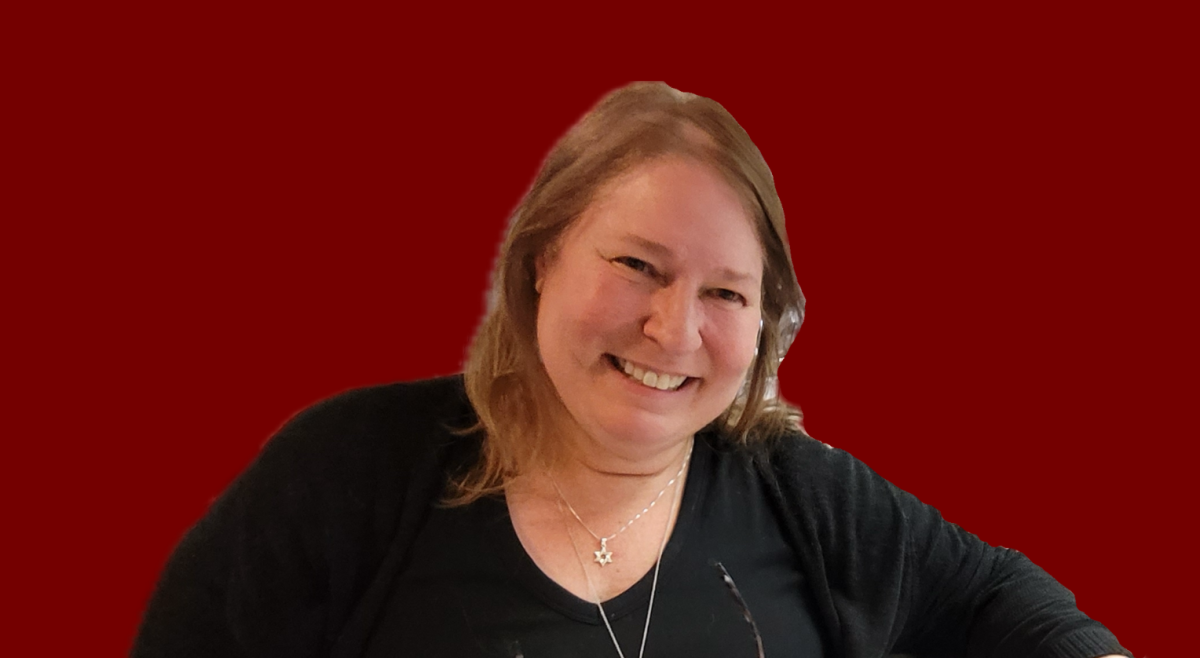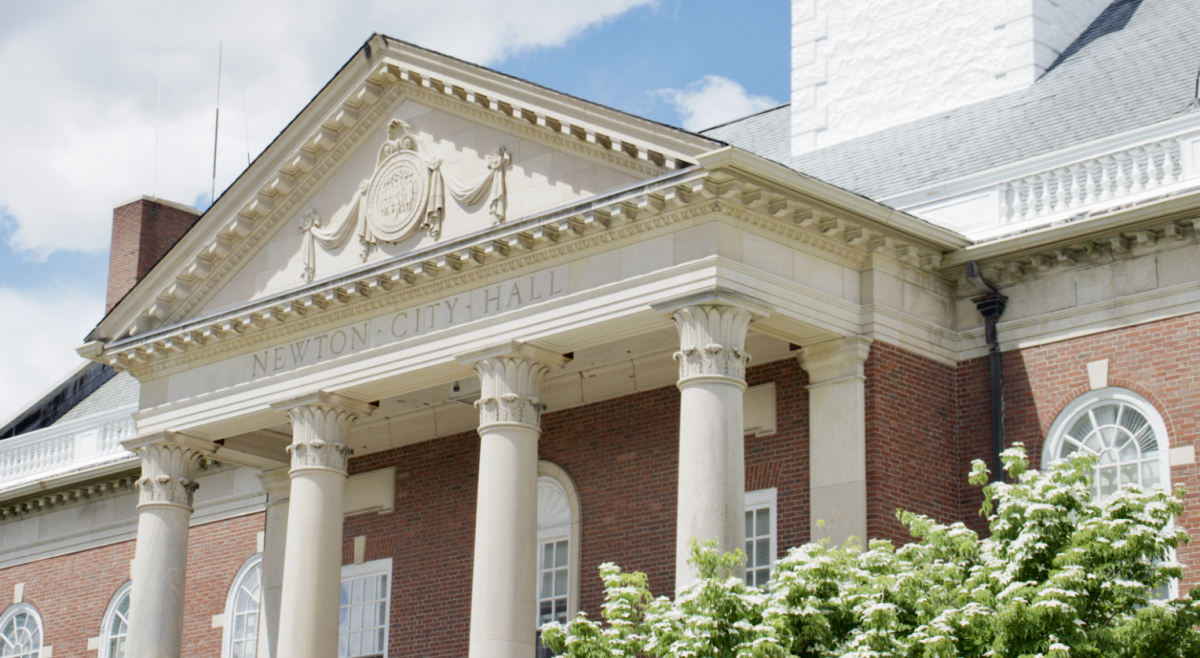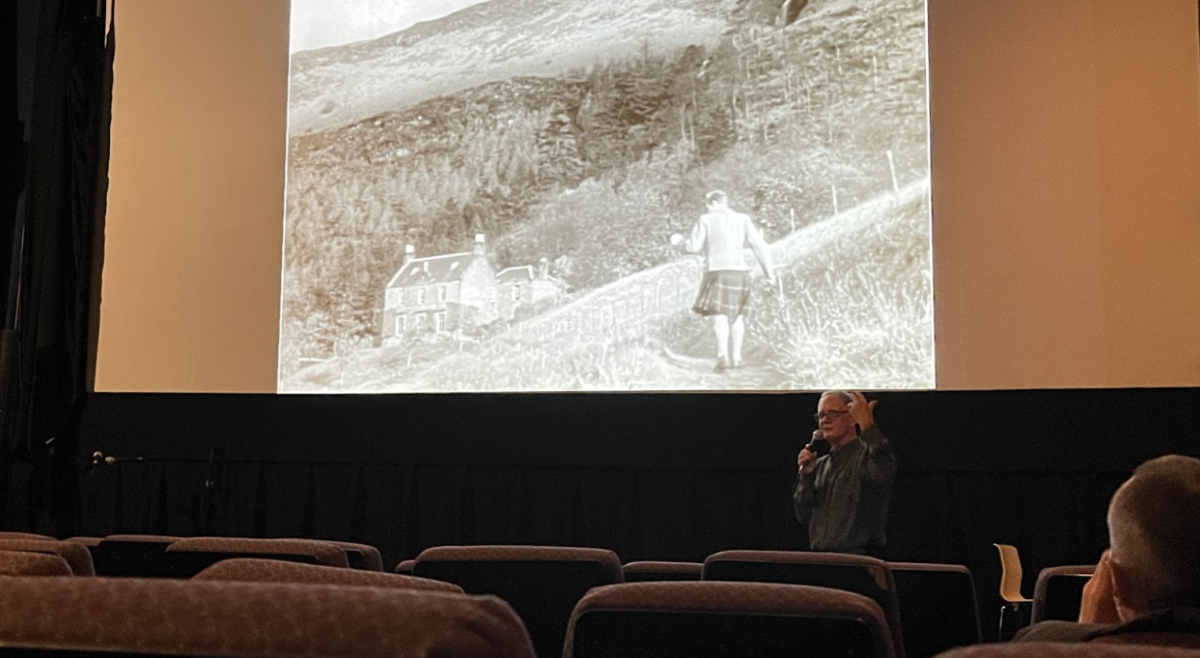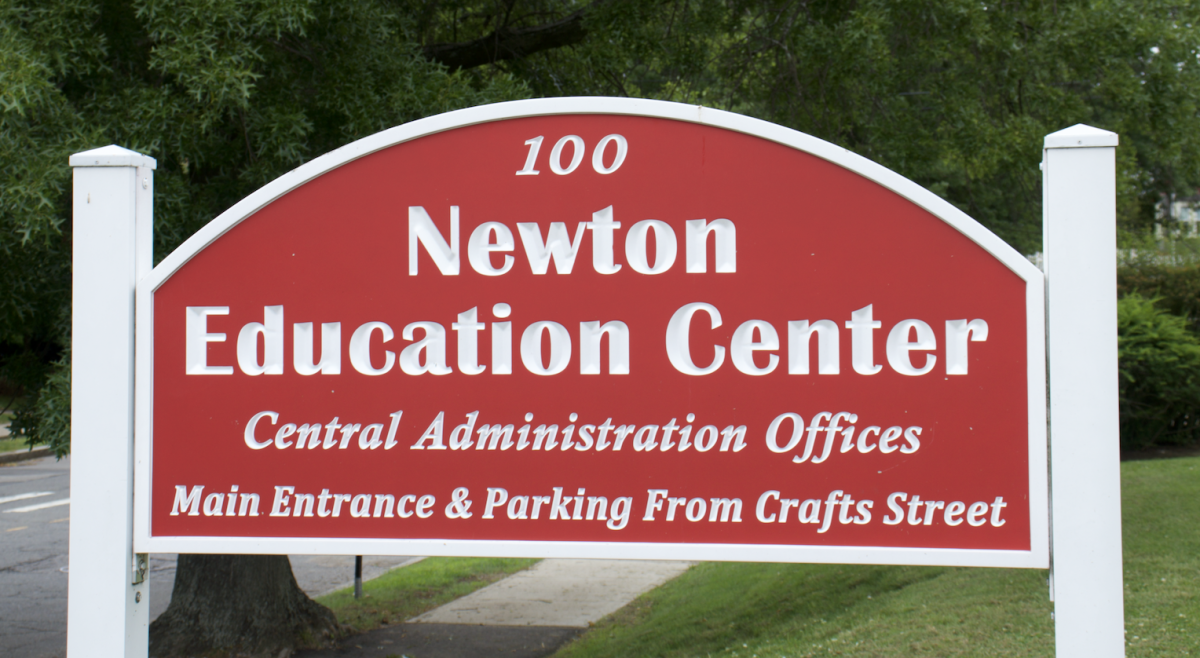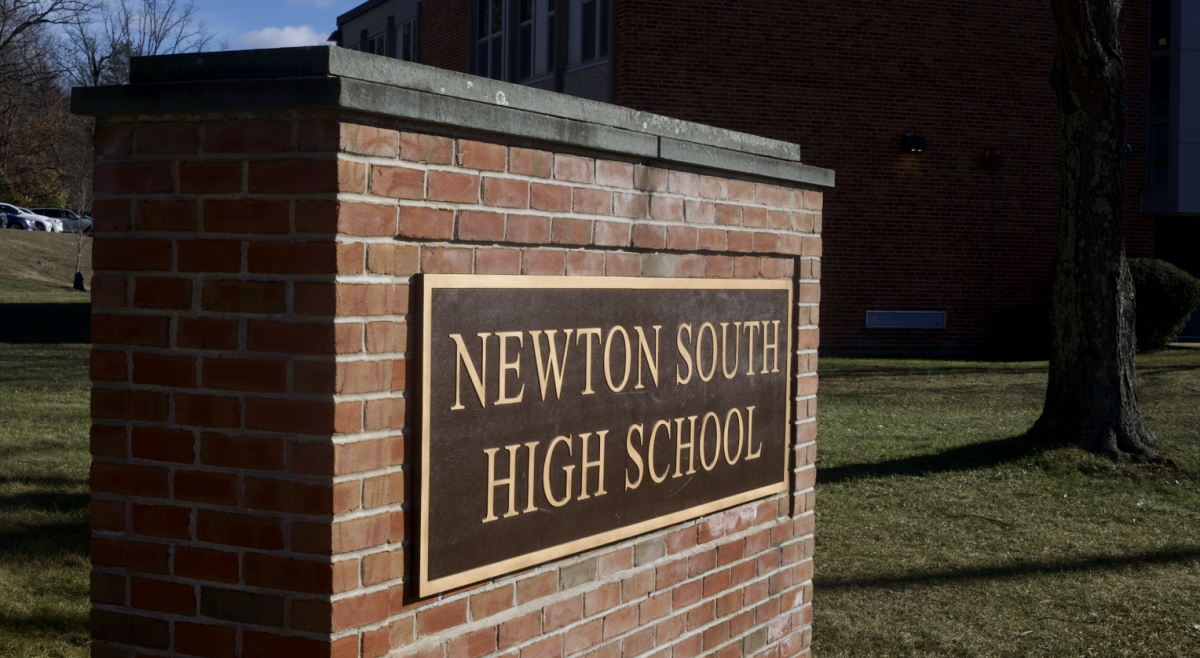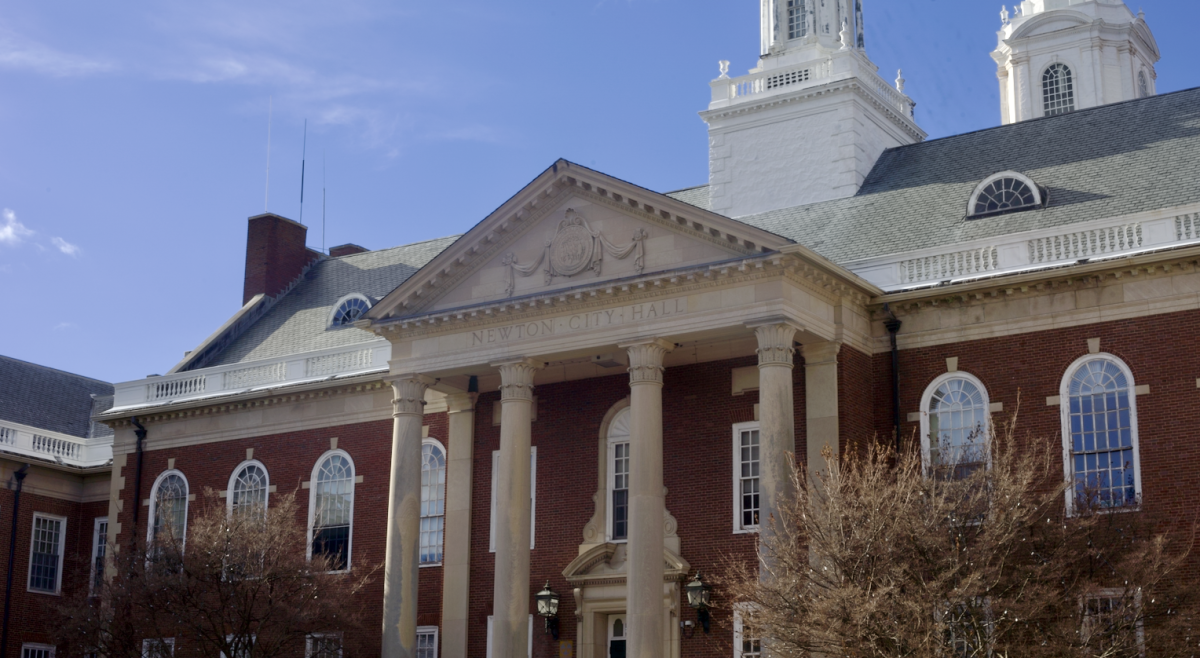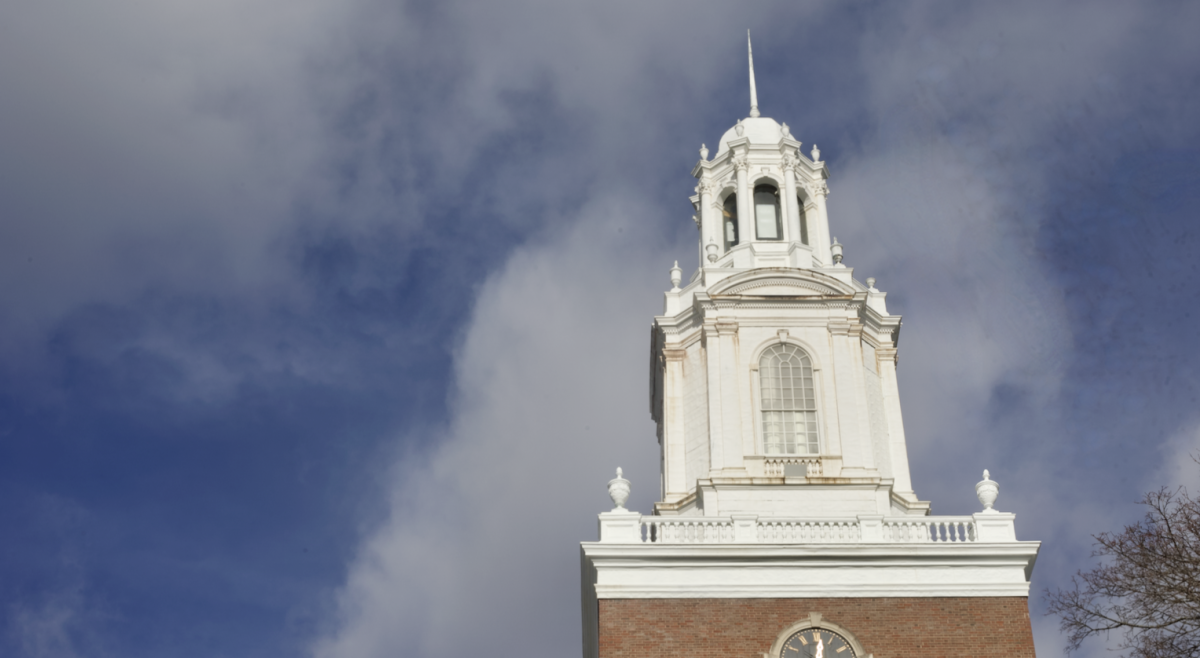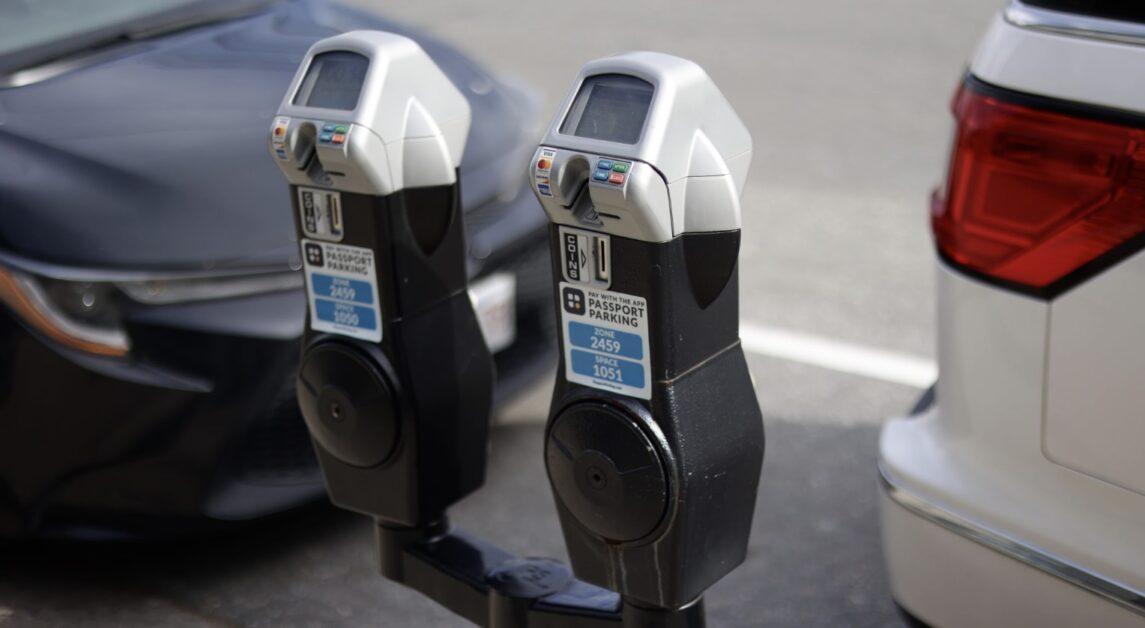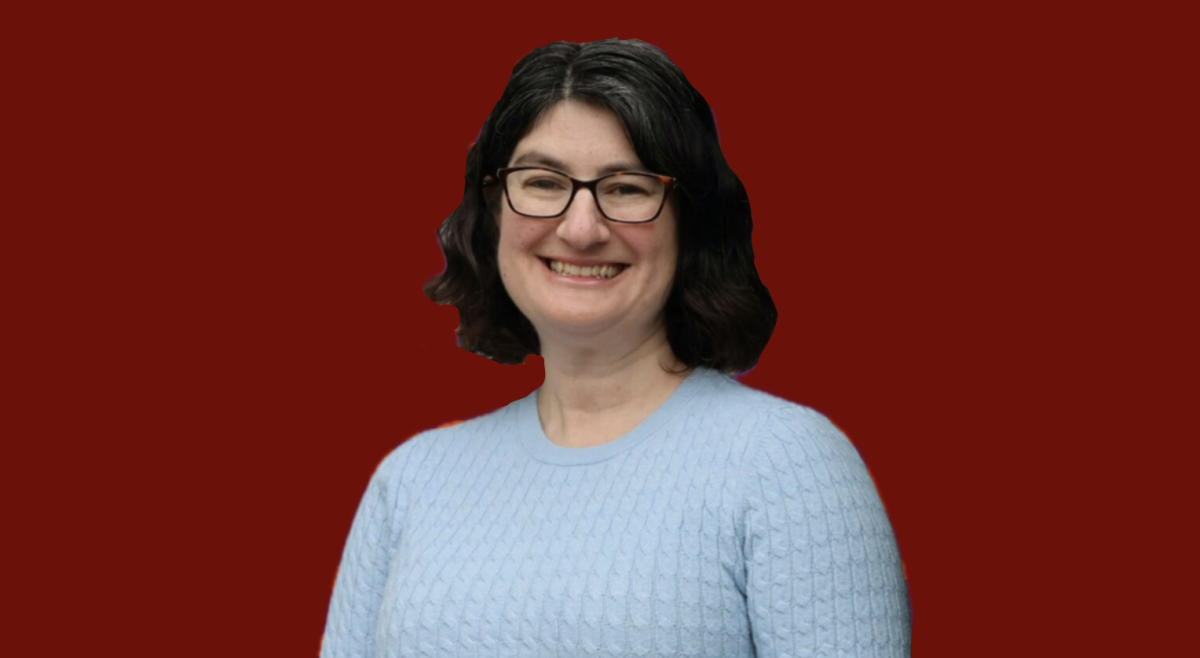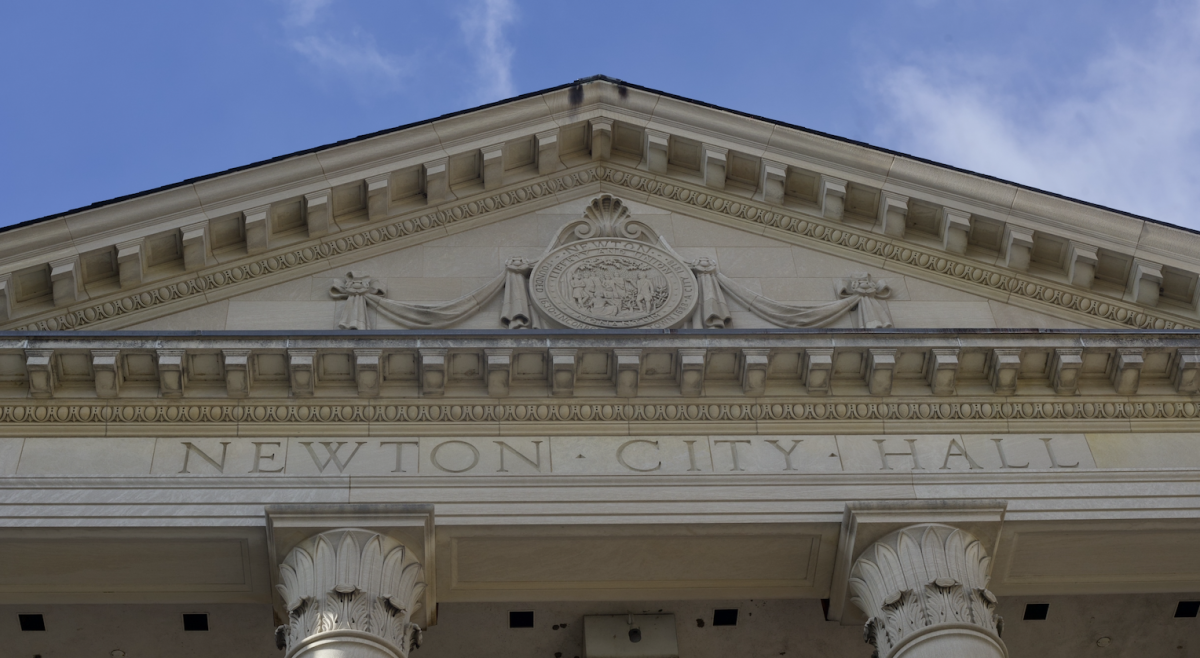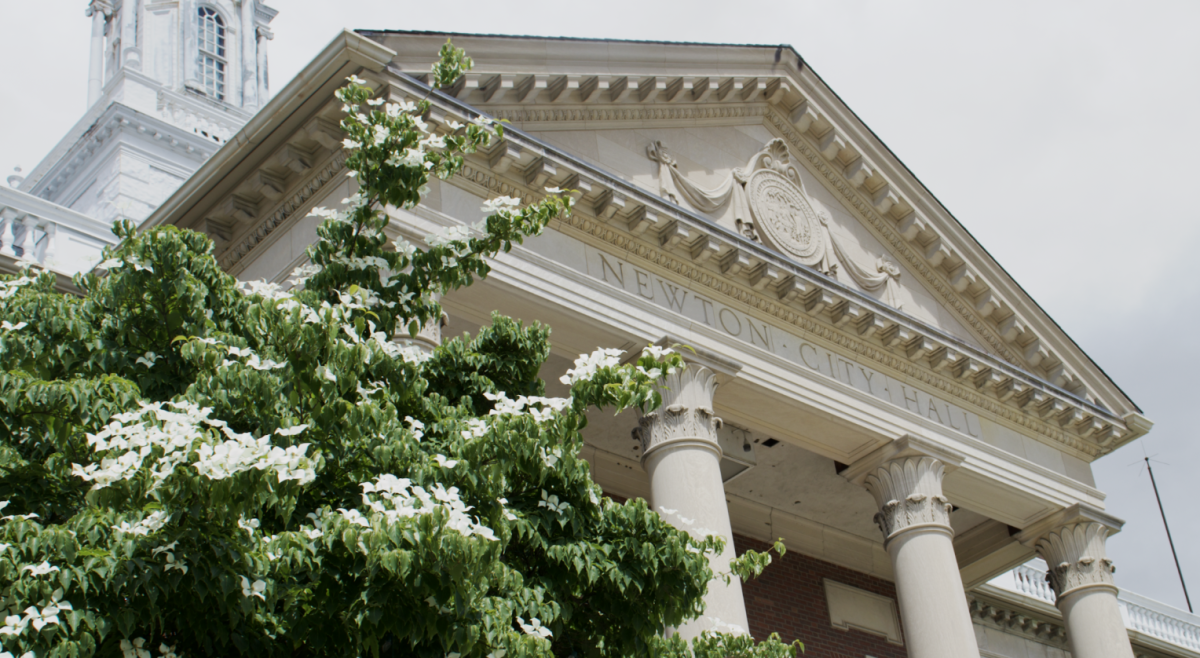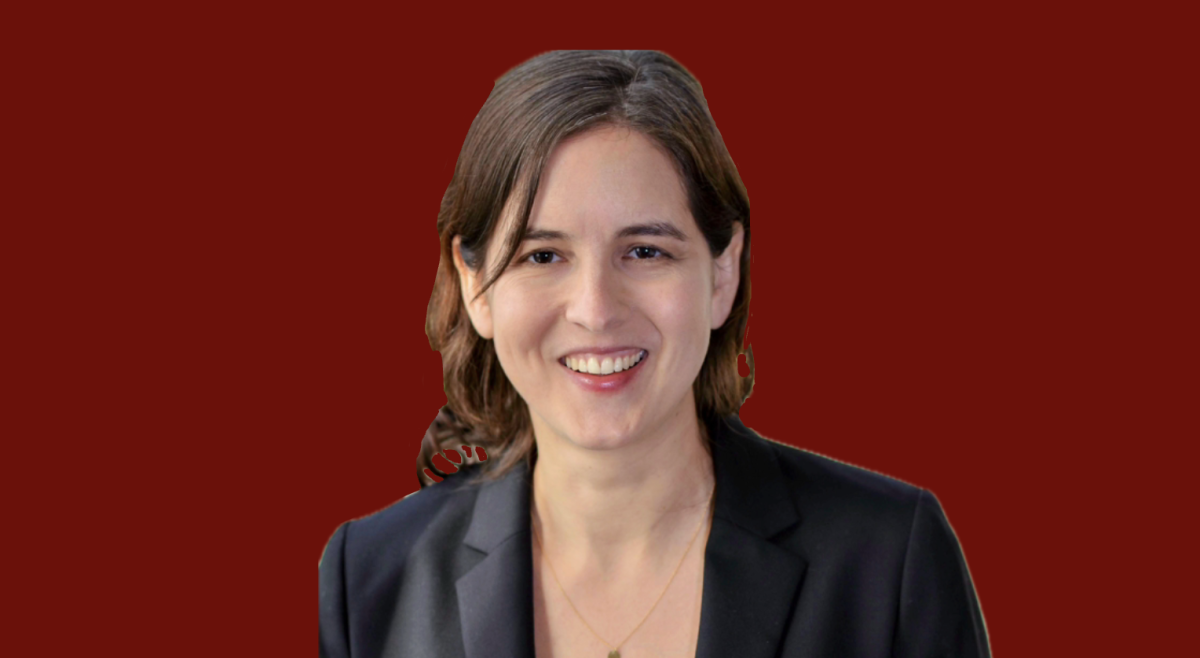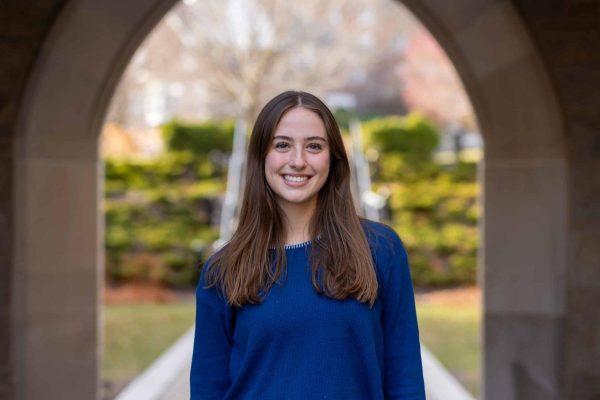Newton City Council added final amendments and passed the Village Center Overlay District (VCOD) in a 21–2 vote with one absence during its meeting Monday night.
“The spirit of the conversation tonight is to move forward and get something done that we can indicate to our citizens is responsive to what the state has asked of us,” Ward 7 Councilor Lisle Baker said.
The ordinance passed three weeks before the Dec. 31 deadline to comply with the MBTA Communities Law, a 2021 state law that requires Newton to loosen zoning permissions in areas near public transit.
The council approved a final package of amendments proposed by Ward 4 Councilor-at-Large Leonard Gentile and Ward 2 Councilor-at-Large Susan Albright. Rebecca Walker Grossman, Ward 7 councilor-at-large, noted that the package of amendments represented compromise within the council.
“I really respect that two of our leaders who have served our city so admirably for such a long time, and who tend to have diametrically opposed points of view on this topic, came together to put something before us that we can all support,” Grossman said.
Three of the five approved amendments changed zoning in some areas of Newton from the Village Center 3 (VC3) zone to the Village Center 2 (VC2) zone. VC3 is the zone with the tallest allowed building heights in the plan, while VC2 has relatively stricter permissions.
Ward 6 Councilor-at-Large Victoria Danberg expressed dissatisfaction with these areas’ exclusion from VC3.
“I am sorry to see some of the VC3 go,” Danberg said. “I think it would have vastly improved the larger villages where we have taken it out.”
The village of Auburndale remained in the final VCOD map despite debate surrounding its inclusion. Ward 4 Councilor-at-Large Joshua Krintzman said doing so was necessary to maximize Newton’s eligibility for commuter rail upgrade funds from the state.
“It was made clear to us that if we don’t rezone in and around Auburndale, the state administration, the [Governor Maura] Healey administration, will lower that area on their prioritization list, and again, with the massive amounts of need, it puts the funding at risk,” Krintzman said.
Following a municipal election where the majority of winning candidates were endorsed by an anti-VCOD citizen group, Krinztman said that the council’s actions should reflect public opinion.
“The election made it clear that a lot of the voters in this city didn’t like the plan, didn’t like the direction that we were headed, and thought it was too much too fast,” Krintzman said.
Ward 1 Councilor-at-Large Alison Leary voted against the plan, expressing frustration with how much of the original VCOD had been reduced through amendments.
“What we’ve done is essentially eviscerated our work in the last three years,” Leary said. “I’m concerned that we’ve undercut so much and given up so much that very little, I think, will get built.”
Ward 6 Councilor Brenda Noel also voted against the amended VCOD, saying the plan only follows the state’s basic recommendations.
“At the end of the day, it was the state that got it done, not us,” Noel said. “We’re doing what the state asked us to do.”
As the current City Council term ends, Ward 5 Councilor-at-Large Deborah Crossley urged the next City Council to take advantage of the information contained in the original VCOD to continue reforming Newton’s zoning.
“The ordinance itself is largely intact, so you may use it if you have the wherewithal to do that over the next term or the following term, as you see … how much we’ve drawn [VCOD] back,” Crossley said. “There is a lot that’s good in this.”

